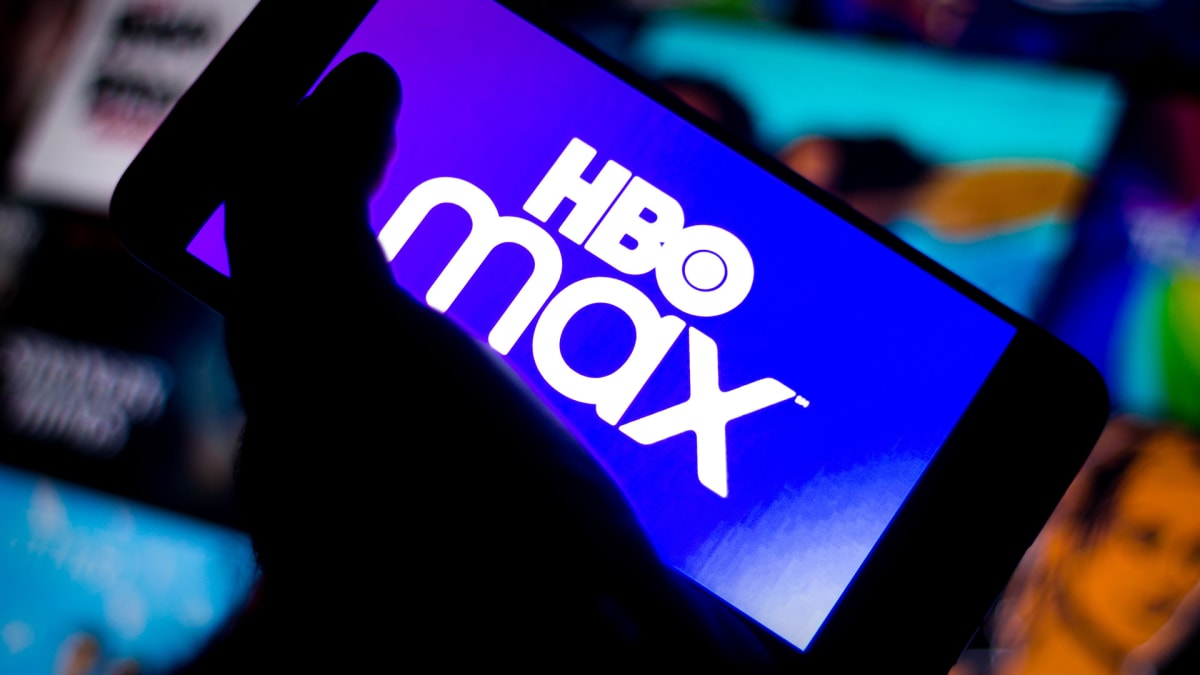
Warner Bros. Discovery (WBD) has undergone a tumultuous merging process since the two streamers joined forces in April of 2022. As soon as CEO David Zaslav took the reins, a series of high-profile cancellations and cost-cutting measures sent shockwaves through the company -- and its subscriber base.
It looked like Warner Discovery would move to merge two of its streaming networks, HBO Max and Discovery+, into one platform. Then, in early spring of this year, Warner Discovery announced that it would maintain Discovery+ as an option and add select Discovery content to its HBO Max library. Oh, and HBO’s streaming service will now just go by ‘Max’.
DON'T MISS: Amazon Makes an Unexpected Investment in Growing Pro Sports League
On May 17, the company hosted an Upfront event, where it said that the streamer intends to offer the “lightest ad loads in streaming”. The tier called Max Ad-Lite, will cost the same as the HBO Max ad plan.
“Max Ad-Lite subscribers get all the same content as ad-free subscribers,” Warner Bros. Discovery CEO David Zaslav said. “See only three or four minutes of ads per hour and pay just $9.99 a month.” HBO Max's monthly subscription price falls on the higher end of the streaming service spectrum.
When compared to some streamers like Peacock, Hulu, and Paramount Plus, Max will have an advantage. Its ad spots are shorter and less frequent, so "lite" is an accurate description. But when compared to other major competitors, Max's ad plan looks a little expensive.
Netflix (NFLX) hosts an ad-based subscription plan for $6.99 per month while Disney (DIS)'s Disney Plus plan similar plan is $7.99. Both of these services also run with four ads per hour (and they cost a few dollars less).
Max will officially debut on May 23rd.







